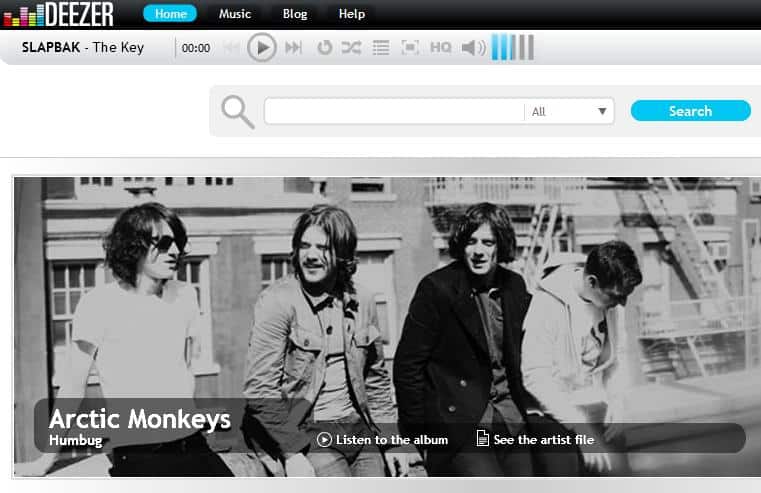
Time was, Warner Music Group – burned by its investments in imeem and Lala – refused to license its music to unlimited digital music services.
Then Spotify convinced it and other labels that freemium subscription services could reduce their iTunes dependence. How times change. Now WMG’s owner is so enamoured with the new model that it is ploughing a €100 million ($130 million) investment in to Deezer, Le Figaro reports.
 The financing, which had been rumoured earlier last week, gives Deezer welcome financial muscle as it vies with rivals like Spotify, Rhapsody, Rdio, Mog and a host of services cropping up around the world.
The financing, which had been rumoured earlier last week, gives Deezer welcome financial muscle as it vies with rivals like Spotify, Rhapsody, Rdio, Mog and a host of services cropping up around the world.
But note also how two of the key players are now part-owned by the very content companies with a vested interest in making them work. Labels are believed to own 18 percent of Spotify, and now one of their owners is taking a chunk of Deezer. In theory, Access Industries’ new interest in Deezer could make Warner’s renegotiations with Spotify and others potentially interesting.
This new music consumption model could be huge. But its gravitational pull has begun to centre on Spotify as a leader. Each of the services is rapidly moving in to new countries around the world, but Deezer’s globalisation strategy has been particularly potent, aiming to quickly roll out to over 200 countries – a cash-intensive slog.
Hoping to avoid head-on competition with the aforementioned services, the US is not on that roll-out list. This is smart, since it is arguably in high-piracy emerging markets where the biggest subscription music opportunity lays…
Japan, for example, saw the launch of only its first unlimited-music service, from Sony, recently this year. While western music downloads have boomed but growth has slowed, China still has precious little music downloads industry to speak of – if piracy there can be overcome, as it has begun to be elsewhere, unlimited-access like that offered by Deezer could be the first digital music model to take hold.
 What pot of gold might these protagonists find at the other end of this rainbow?
What pot of gold might these protagonists find at the other end of this rainbow?
Right now, subscription music’s economics are highly challenged and low-margin. The services are paying sizeable royalties to labels and most must offer much music for free to snag paying mobile customers.
Spotify revenue more than doubled last year, but so did its costs, meaning losses grew again. Deezer is fortunate to have found more money to finance its global expansion – but all such services may need to be global to achieve the scale necessary to make their margins worthwhile.
In other words, large sums of money are required to propel these companies toward a business opportunity, in multiple continents, that could be large but which no-one yet knows for sure.
Deezer rocketed at home in the peculiar French market thanks to bundled carriage via mobile contracts with shareholder Orange. Although it has since repeated this deal in other markets in which Orange is present, its quoted subscriber count has not moved from 1.5 million in months.
Orange told me in June it held 11 percent of Deezer. Le Figaro reports €25 million of Deezer’s €100 million new funding is to buy out some other existing shareholders. The money from Access Industries would seem to rule out, at least for now, a deal in which Orange could buy the whole of Deezer.
Indeed, now that Deezer is prevalent in most countries in which Orange operates, what greater use could Orange want from it? Orange has also been retrenching from its content ambitions – a strategy shift that could also dead-end its option on fully buying out Dailymotion.